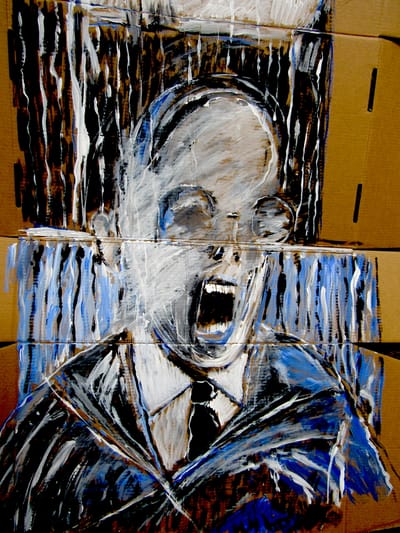Articles #Heidegger
What they were reacting to, in my view, was a familiar ‘odour’ in some of Heidegger’s rhetoric. And, the person to blame here is not Adorno, or Habermas, or anyone else who is offended by the stench of that rhetoric. The culprit is Heidegger. Heidegger is responsible for all of this confusion. He’s not a saint, or some misunderstood martyr. He wilfully tried to find a way to link some of the most extraordinary philosophical insights of the twentieth century to the rhetoric of National Socialism for a period of time. He wove that rhetoric into the tapestry of his thought, and he blemished it in the process. Continuing the End Times series, Richard Marshall interviews Mahon O'Brien.
Read MorePhenomenology takes root in historical situations of peril where the philosophical spirit is most under attack. As a philosophy committed to making sense of meaning, it uniquely is suited to address moments of crisis when that meaning is put in question. If one of philosophy’s aims is to make rational sense of the human condition, then after the World Wars many in Europe were convinced that life is absurd. Why then, so some thought, bother with philosophy which is running a fool’s errand, looking for sense where no sense is to be made? It is within this bleak context immediately before the Second War—that one finds Husserl struggling to articulate his vision of a philosophy capable of responding to what he himself characterizes as a crisis of reason, or meaning. Heidegger later does something similar when criticizing the pernicious aspects of modern technology. And Michel Henry follows suit when his phenomenology of life objects to what he terms the barbarism of contemporary mass society. Continuing the End Times series, Richard Marshall interviews Steven DeLay
Read More
